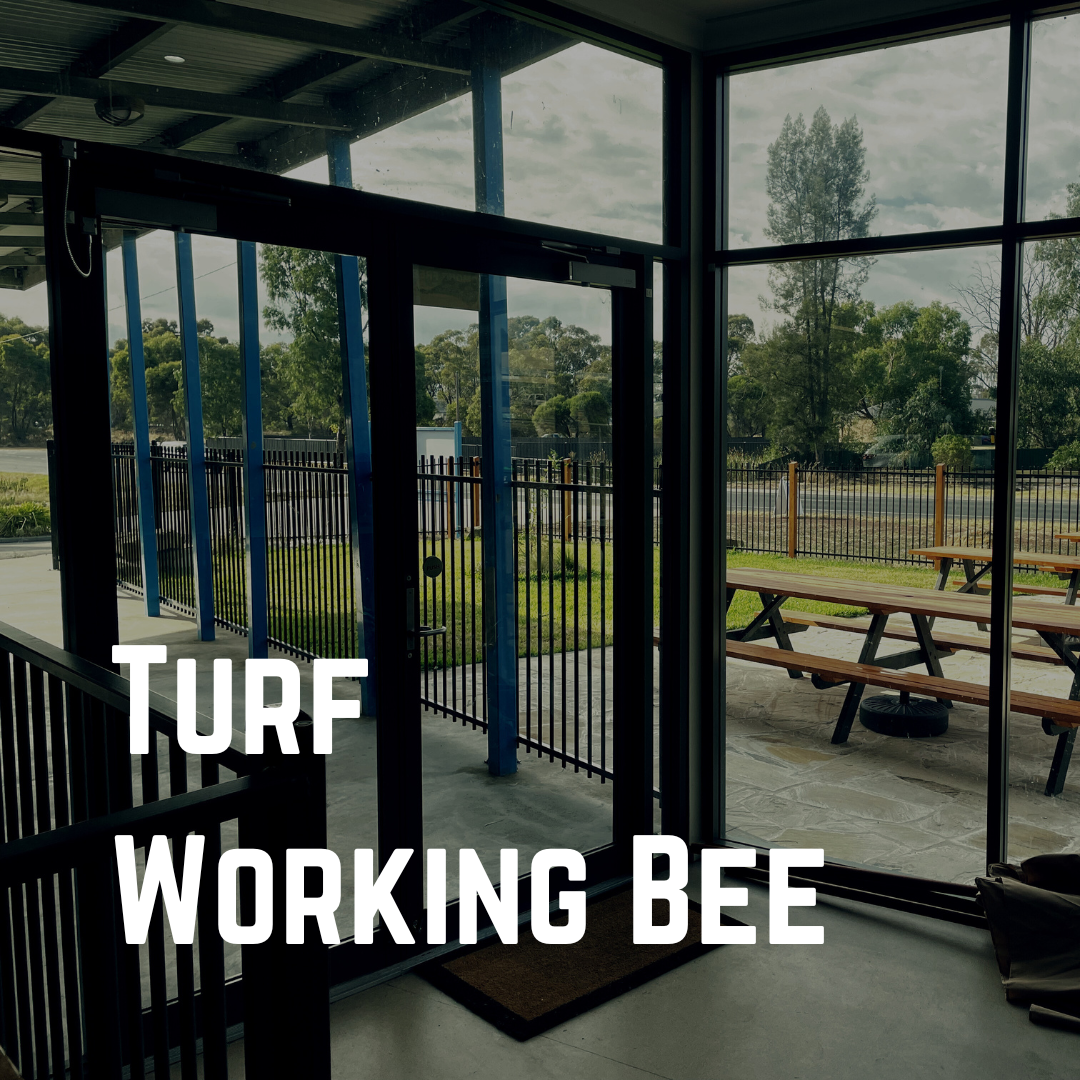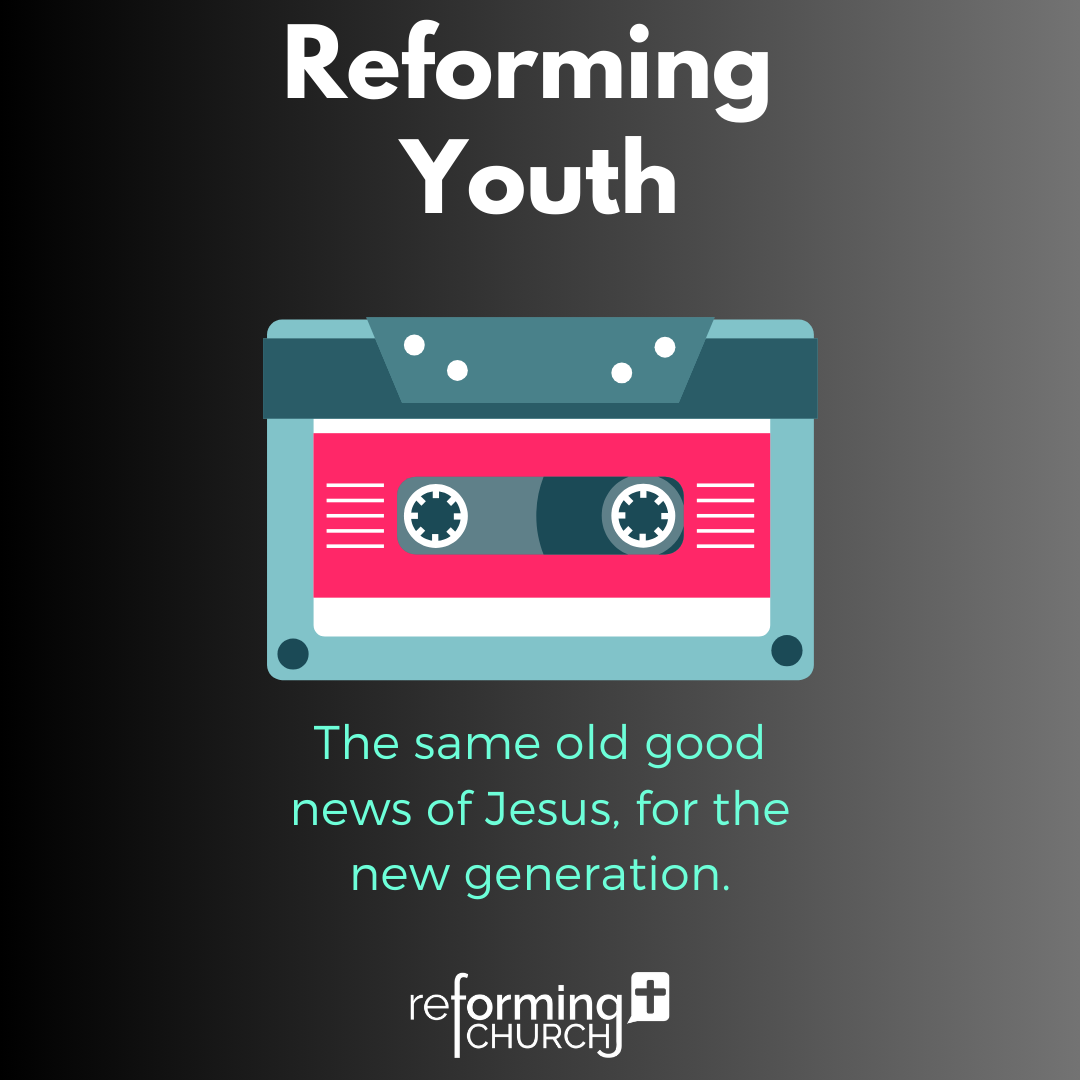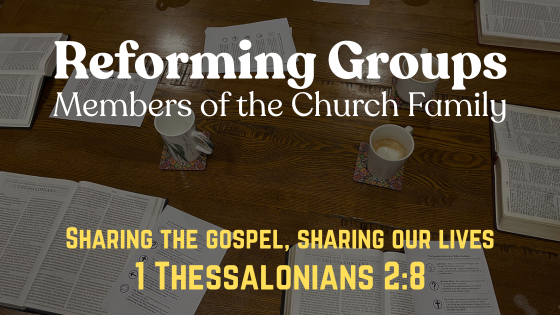Help of the Helpless, Abide with Me (John 15:1-17)
Group Guides | Sharing the gospel, sharing our lives (1 Thessalonians 2:8)
By way of introduction: When does pruning go well, and not well for branches?
Read John 15:1-17
The context of this scene shows us that as Jesus speaks about his hour coming, the anxiety in the room increases as the disciples have “troubled hearts” (John 14:1, 27). So now we hear Jesus say to them, and us, that we get to “abide” in him.
a. In our ministry of making disciples, explain how you would teach what it means to abide in Jesus, from this passage.
b. What will it mean to not abide in Jesus?
The Westminster Larger Catechism was written in its final form by the Westminster Assembly in 1647. It was formed to “catechise”, that is to teach or disciple learners (including children and adults) in the Christian faith. The Larger Catechism was designed to be more comprehensive, whilst the Shorter Catechism was designed to be more succinct and accessible for those starting out (it is particularly helpful for children). As you read through these two questions of the Larger Catechism and their answers, discuss how this helps us understand and teach what it means to have union with Christ.
Q. 65. What special benefits do the members of the invisible church enjoy by Christ?
A. The members of the invisible church by Christ enjoy union and communion with him in grace and glory.Q. 66. What is that union which the elect have with Christ?
A. The union which the elect have with Christ is the work of God’s grace, whereby they are spiritually and mystically, yet really and inseparably, joined to Christ as their head and husband; which is done in their effectual calling.We read in John 15:1-2 that God the Son is the vine and God the Father is the vinedresser.
a. What does “pruning” look like in the life of disciples of Christ?
b. What is the purpose of God’s pruning, and why is it important we abide in Christ for such pruning?
As they rise and go from the upper room (John 14:31) and walk through Jerusalem go out to the garden Gethsemane, Jesus speaks about bearing fruit, loving and praying. How are these things connected?
Read through the hymn, Abide With Me, below - and then discuss through the question afterward.
(by Indelible Grace music, of the Reformed University Fellowship - a ministry of the Presbyterian Church of America)
Abide with me
Fast falls the eventide
The darkness deepens
Lord with me abide
When other helpers
Fail and comforts flee
Help of the helpless, abide with me
Thou on my head in early youth didst smile
And though rebellious
And perverse meanwhile
Thou hast not left me
Though I oft left Thee
On to the close Lord, abide with me
I need Thy presence, every passing hour
What but Thy grace can foil the tempter's power?
Who, like Thyself, my guide and stay can be?
Through cloud and sunshine, abide with me
I fear no foe, with Thee at hand to bless
Ills have no weight, tears lose their bitterness
Where is thy sting death?
Where grave thy victory?
I triumph still, abide with me
Hold Thou Thy cross, before my closing eyes
Shine through the gloom, and point me to the skies
Heaven's morning breaks, and earth's vain shadows flee
In life, in death, Lord, abide with me
— How does the singing of such a gospel-song shapes our application of John 15:1-17?
Pray that we would abide in Christ and bear fruit in Jesus’ name.
Bonus Questions (only if time permits):
6. Jesus makes a strong connection between abiding in Christ and the cultivating of a healthy prayer life. Can we ask for whatever we want and he just gives it? Read and discuss through the following verses:
John 15:5-7, John 15:16
John 14:13-14
7. As you disciple others, explain what abiding in Christ does mean for our prayers and what we pray for.






